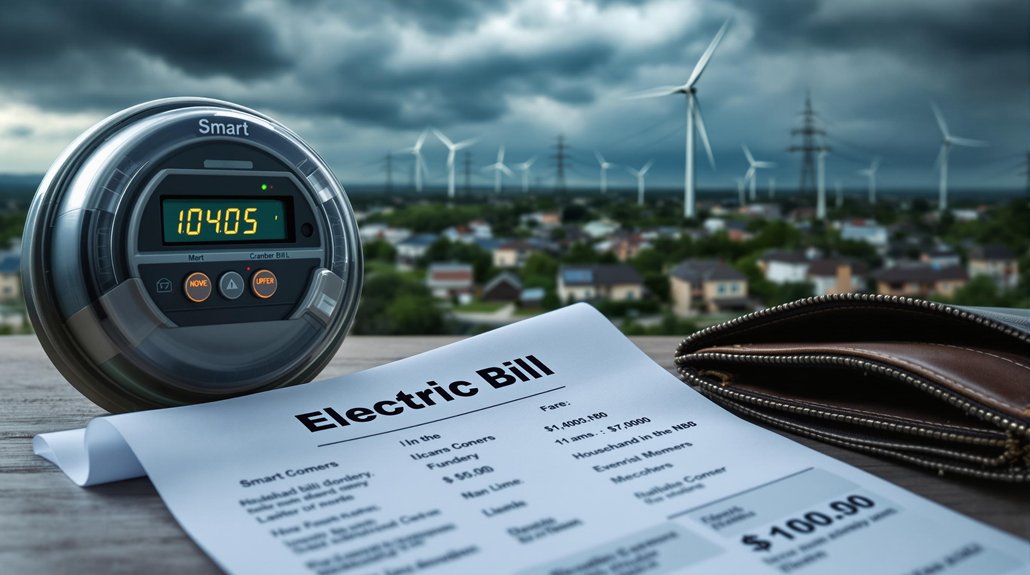Twenty-one House Republicans are pushing to keep clean energy tax credits from Biden’s Inflation Reduction Act. They argue these credits are essential for U.S. energy independence and job creation. Nearly 60% of IRA-related projects are in Republican districts, with 3.4 million families claiming $8 billion in credits last year. The debate highlights tensions between traditional GOP tax positions and economic benefits in red states. The fight reveals deeper divisions shaping Republican energy policy.
A group of 21 House Republicans are fighting to keep clean energy tax credits in place, warning that removing them could harm America’s energy industry. In a letter to colleagues, they argued these credits are critical for former President Trump’s “energy dominance” initiative and American independence.
The tax credits, part of the Inflation Reduction Act (IRA), were claimed by 3.4 million families in 2023, totaling $8 billion. Nearly 60% of IRA-related projects are located in Republican congressional districts, creating jobs and lowering energy costs.
IRA tax credits claimed by millions of American families are powering job creation and energy savings in predominantly Republican districts.
“Eliminating these credits could trigger an energy crisis and increase utility bills,” said one GOP lawmaker. Republicans supporting the credits believe they help meet growing energy demand and advance Trump’s “America First” agenda.
The House Ways and Means Committee is currently drafting federal tax legislation, with Republicans aiming to complete a reconciliation bill by Memorial Day. However, the GOP’s historically narrow majority in the House makes consensus difficult.
Some Republicans oppose the credits, arguing they distort free market principles. Critics also point out that U.S. oil companies already receive between $17.8 billion and $20 billion in annual subsidies.
Several compromise approaches are being discussed. These include phasing out credits gradually, tightening eligibility requirements, or modifying their duration to balance economic impacts with ideological concerns.
The debate highlights tensions between traditional and renewable energy interests within the Republican Party. Solar installations have proven to provide long-term savings for both homeowners and businesses, with average payback periods of 8.3 years. It’s also occurring amid discussions about a potential government shutdown and Trump’s proposed tax cut package.
“We can’t ignore the economic reality,” said a Republican representative from a district benefiting from the credits. “These investments are creating jobs and securing America’s energy future.”
The Heritage Foundation’s Project 2025 continues to push for full repeal of IRA tax credits, setting up a showdown between pragmatic Republicans focused on economic impacts and those committed to complete elimination of Biden-era climate policies.
The Bipartisan Climate Solutions Caucus, co-chaired by Rep. Andrew Garbarino, demonstrates growing cross-party support for maintaining clean energy incentives as essential for national security and economic stability.
House Speaker Mike Johnson faces significant political pressure from competing Republican factions as he tries to navigate budget reconciliation requirements while maintaining party unity.









